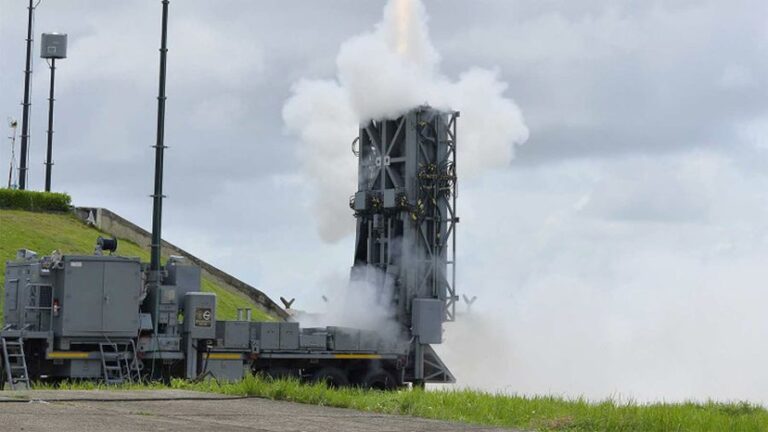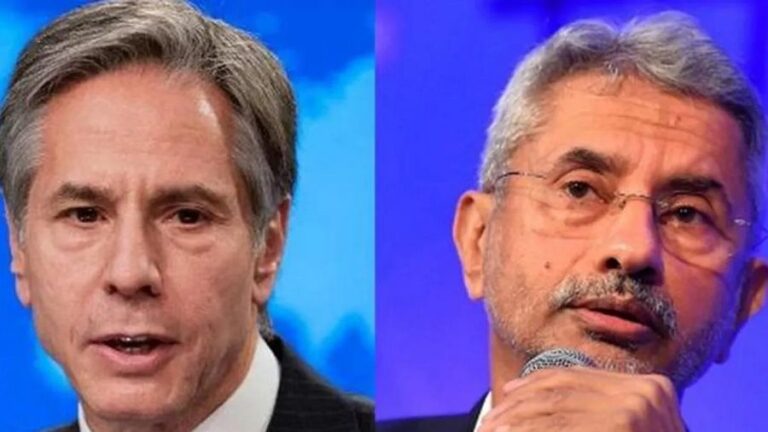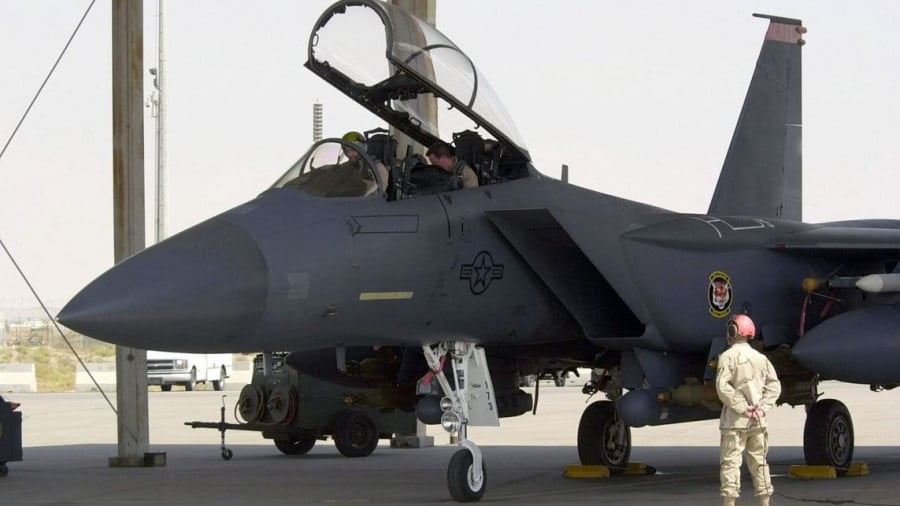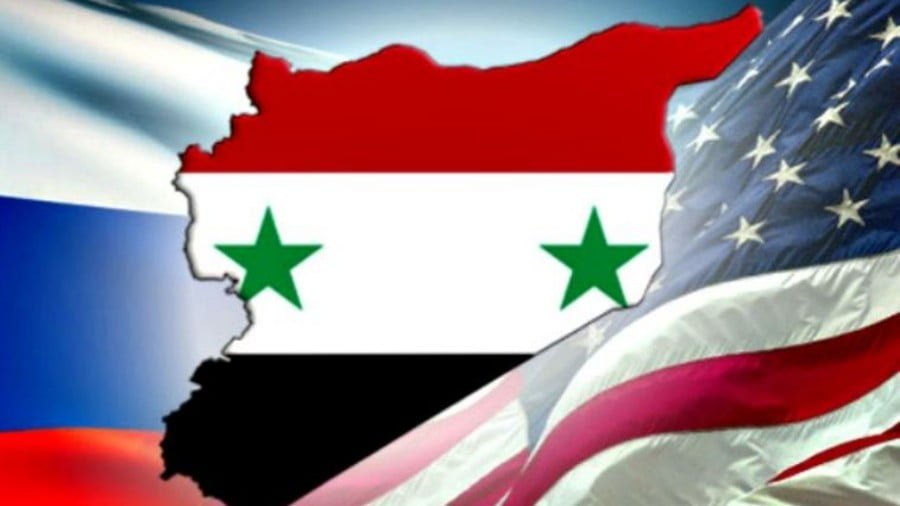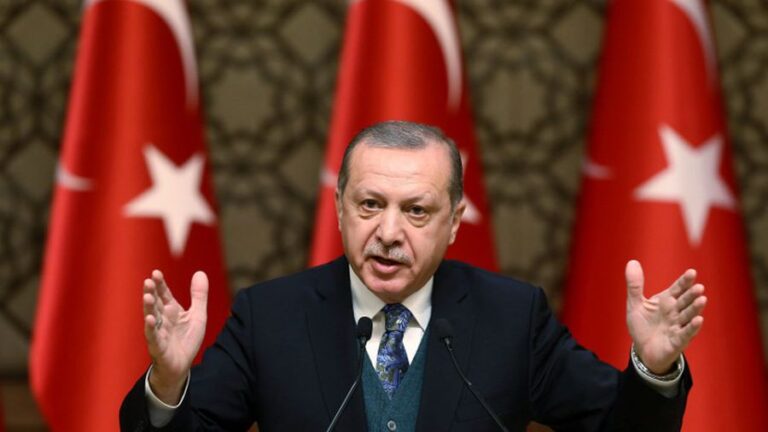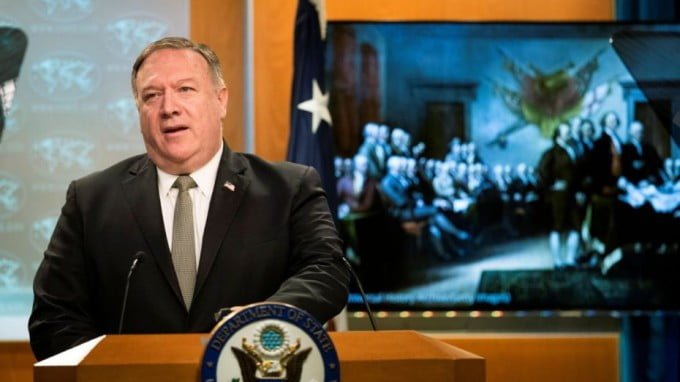South Sudan: US Empire Stirs Violent Brew Of Blood & Oil As China Threatens Western Hegemony
The ongoing civil war in South Sudan has left at least 50,000 dead and nearly 3 million displaced. While incidents of rape, torture, and bloodshed ebb and flow with the tides of war, the conflict, and especially its political context, remains little understood in the mainstream media.
Indeed, the war in South Sudan has been flung down the memory hole with the typical neo-colonial disregard for the African continent and its people that has been the hallmark of Western imperial policy (and Western consciousness) there for the past five centuries.
As Western leaders wax poetic about the need for humanitarian assistance, mediation, and all the other buzzwords of allegedly human rights-centered foreign policy, they deliberately obscure and distort their own complicity in the creation and proliferation of a war meant to prevent a rising China and other non-Western nations from securing oil contracts and other vital economic arrangements. And while the political establishment and its public relations appendages in the corporate media provide some window into the chaos in South Sudan, they do so without the context necessary for their audiences to truly understand the issue.
Put simply, the corporate media, along with the think tanks and other organs of Western foreign policy thought, have whitewashed the simple and incontrovertible fact that the war in South Sudan is a creation of Washington and its allies, a weapon wielded in an asymmetrical geopolitical and strategic war with China in Africa.
Why a war in South Sudan?
On the surface, the civil war in South Sudan seems to be a straightforward power struggle between President Salva Kiir and his former deputy, Riek Machar. However, as with all conflicts in Africa, the truth is far more complex and rooted in neo-colonial interests on the continent. In this case, South Sudan is merely the latest victim of the curse of oil–that sad reality that countries with oil resources are always going to be targets for the U.S.-NATO Empire. This is doubly true in this case, considering the centrality of the Sudan region to China’s long-term ambitions both on the continent and globally.

It is no secret that the last decade has seen a monumental expansion of Chinese investment throughout Africa. As Professor Deborah Brautigam, the world’s leading expert on Chinese engagement and investment in Africa, noted in her 2013 report “Chinese Investment in Africa:”
“Chinese imports and exports, outbound investment aid, and export finance are all sharply on the rise. For example, trade between China and Africa rose from $10 billion in 2000 to $166.3 billion in 2011. … [In 2012] Chinese leaders announced a goal of $20 billion in finance to African countries by the year 2015. If carried out, an average of between $6 and $7 billion would flow to Africa per year, most likely on a non-concessional basis.”
Brautigam’s numbers illustrate the fact that China is rapidly challenging U.S. economic hegemony in Africa. Having invested in a variety of sectors from mining and oil, to telecommunications and banking, China has made itself into a viable alternative to U.S., World Bank, and IMF investment and aid. Naturally, this has upset the political and corporate establishment in the United States, which view China as a threat to their power.
And perhaps nowhere is China’s African engagement strategy more apparent than in the Sudan.
Indeed, by 2011, when the United States and its allies ultimately divided the nation of Sudan in two, with the oil resources having been incorporated into the new South Sudan, Sudan had become essential to China’s investment and economic development. In fact, Sudan accounted for 8 percent of China’s total oil imports (China being the recipient of a whopping 78 percent of total Sudanese exports). This makes it quite clear that any attempt to divide Sudan into two countries was a de facto attempt to deprive China of a principal trading partner.
And with the 2011 partition of Sudan and the creation of the independent nation of South Sudan, Washington and its allies believed they had dealt a serious blow to Beijing’s aspirations in Africa. But this was not to be, as Beijing moved quickly to establish important economic ties with the newly constituted South Sudanese government under President Kiir.
Since 2011, Beijing has entrenched itself as the dominant trading partner and economic benefactor behind South Sudan, with tens of billions invested, especially in the oil sector.
Further, China has committed a significant contingent of troops as peacekeepers in South Sudan as Beijing tries to hold together the fragmented nation. Essentially, South Sudan represents a significant escalation in China’s projection of soft power in Africa amid Beijing’s efforts to elevate itself to the status of a global superpower capable of investment of both economic and, increasingly, political capital.
In many ways, Sudan and South Sudan have become principal footholds for the Chinese in Africa and, as such, the United States and its allies are necessarily unleashing chaos as a weapon, as they have countless times before all over Africa and beyond.
A covert war waged by the US-NATO Empire

South Sudan’s President Salva Kiir, left, walks with U.S. Ambassador to the United Nations Samantha Power, right, and other visiting members of the UN Security Council in the capital Juba, South Sudan, Sunday, Sept. 4, 2016. South Sudan has agreed to the deployment of a 4,000-strong regional protection force approved by the U.N. Security Council after first rejecting the peacekeepers as a violation of its sovereignty.
The reality of the civil war in South Sudan is sheer brutality. From rapes and kidnapping to wholesale slaughter carried out in the name of “armed resistance,” it seems that wherever U.S. foreign policy’s tentacles reach, chaos and death are sure to follow.
U.S. diplomatic cables published by WikiLeaks reveal that Riek Machar, the former vice president under Kiir who is now leading the Kiir opposition, has been involved in multiple attempts to usurp control of South Sudan, dating back to at least 2006 when his faction was ousted from power by now-President Kiir and his Government of South Sudan. The fact that Kiir is today racking up frequent flyer miles between Juba and Beijing points to a rather obvious motive for the United States and its allies to bring about regime change. Considering the long and bloody history of U.S.-backed “rebel” leaders waging civil wars in Africa, this one could last years, with countless dead piling up on all sides.
The CIA is undoubtedly involved up to its eyeballs in this conflict, but the agency is not alone. It is an open secret that Israeli intelligence, and the apartheid state of Israel generally, is deeply entwined in the killing in South Sudan and has been for more than 20 years. Consider the March 1994 discovery of a cargo plane load of weapons from Israel, bound for Uganda, with the weapons destined for the killing fields of Sudan. That was 23 years ago, so what is Tel Aviv up to in recent years? Nothing good.
In fact, recent years have seen countless reports of Israeli arms trafficking into the war zone in South Sudan. There is, of course, the rather damning U.N. report which concluded that Israeli weapons–and, by extension, Tel Aviv–are directly involved in fueling the war. Consider also the use of infrastructure and humanitarian aid as cover for militarization and arms sales by Israel, such as the 2012 deal to allegedly build desalination, irrigation, water transport and purification infrastructure. This sounds nice, except for the fact that it was Israel Military Industries Ltd., a weapons manufacturer, which signed the deals, not the official, relevant Israeli government ministry.
Just as the violence was just beginning in 2012, Israeli media also reported that Israeli aircraft loaded with missiles were seen landing nightly in South Sudan. Seeing as how arming combatants in a civil war is a war crime, Israel should, in theory, have to answer for this. Of course, with the United States doing precisely the same thing all over the world, it’s unlikely that Israel has much to worry about.
The Israeli state has consistently intervened in Sudan, alleging that it’s part of an arms smuggling network to Gaza. While the veracity of that assertion is questionable, what is documented fact is that Israel has repeatedly broken international law by bombing sovereign Sudanese soil. Essentially, Israel has become a dominant behind-the-scenes player in South Sudan, and it is complicit in the myriad war crimes being carried out there.
Somewhere in the disputed, oil-rich border territory of Abyei, there are Chinese peacekeepers in close proximity to rebel fighters, Sudanese irregular forces, and U.S. and Israeli covert agents. Somewhere in Juba, President Kiir is on the phone with his contacts in Beijing. Somewhere in Sudan, Machar is on the phone with his contacts in Addis Ababa and Langley. And somewhere, there is a mother crying over her dead son.
That is the reality of South Sudan, the world’s youngest nation, whose entire history is one of greed, blood and death. Sadly, this is all too common in Africa, where the U.S.-NATO Empire must always have the last laugh.
By Eric Draitser
Source: mintpressnews.com


